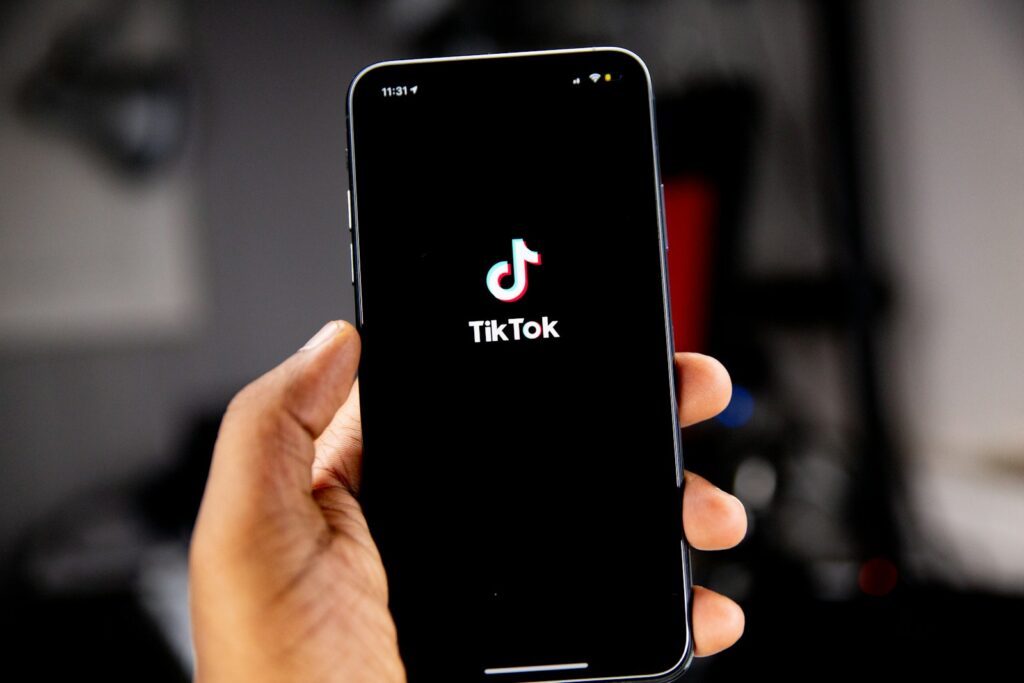Lifestyle
15 Things People Only Do for Social Validation

Let’s be honest: we all care (at least a little) about how we’re perceived. But some actions aren’t really about passion, authenticity, or even enjoyment. They’re about being seen. In a world driven by likes, clout, and approval, many people adopt behaviors just to gain validation from others. Here are 15 things people often do, not for themselves but to be socially approved, admired, or envied.
Posting Every Accomplishment Online

People often share every success, from career milestones to gym sessions, on social media. It’s not always about celebrating the win; it’s about receiving likes, comments, and affirmations from peers. This constant need for public acknowledgment can make achievements feel more performative than personal, blurring the lines between genuine pride and the desire for validation.
Following Trends They Don’t Even Like

Many jump on the latest trends in fashion, music, or even lifestyle habits—even if those trends don’t align with their personal tastes. This behavior is less about genuine interest and more about the fear of being left out. When individuals conform solely to fit in, their authentic preferences often take a backseat to what is popular at the moment.
Over-sharing Personal Struggles Publicly

While sharing hardships can foster connection and support, some individuals do it primarily to garner sympathy and positive reinforcement. The line between genuine vulnerability and performative oversharing becomes blurred when every setback is detailed online with hashtags and dramatic captions, often prioritizing the number of reactions over real emotional healing.
Buying Luxury Items Just for Show

High-end brands and luxury goods often serve as status symbols. People sometimes purchase expensive items not out of a genuine appreciation for quality but to signal success to others. The desire to be seen as affluent can drive them to spend beyond their means, turning material possessions into tools for social positioning rather than personal satisfaction.
Attending Events Just to Be Seen

Certain events are less about the experience and more about being visible in the right social circles. Individuals may attend concerts, parties, or art shows primarily for the photo opportunities and the subsequent social media posts rather than for the event itself. It becomes a performance—a way to signal that they are part of an exclusive group or trend.
Pretending to Enjoy Certain Books, Films, or Artists

Some people adopt cultural tastes that they don’t truly resonate with simply because they’re seen as sophisticated or edgy. For instance, mentioning a classic author or a critically acclaimed film might be less about the content and more about projecting an image of intellectual depth. This behavior often leads to a superficial engagement with art, where the focus is on impression management rather than genuine interest.
Adopting Political Opinions They Don’t Understand

In the era of online activism, it’s common to see individuals publicly supporting causes or political views without in-depth knowledge. This superficial engagement means their opinions are more about keeping up appearances on social media than about true ideological commitment or understanding.
Humble-Bragging Disguised as Self-Deprecation

Humble-bragging is a delicate dance of appearing modest while secretly fishing for compliments. By downplaying their achievements with a touch of self-deprecation, people subtly invite praise and admiration. This tactic can be seen in statements that seem casual but are carefully crafted to generate positive feedback from others while masking the true intent behind the words.
Faking Positivity or “Good Vibes Only”

Constantly projecting an overly positive image, even when facing difficulties, is another way people seek validation. The trend of “good vibes only” can pressure individuals to suppress genuine emotions in favor of a socially acceptable, upbeat facade. This performative positivity is more about garnering likes and affirmations than about honestly processing complex feelings.
Bragging About Being “Too Busy”

In today’s hustle culture, being constantly busy is worn like a badge of honor. People often overstate how packed their schedules are to appear important or in-demand. Saying things like “I’m swamped” or “I haven’t slept in days” becomes less about fact and more about feeding into the idea that productivity equals worth—when in reality, balance is rarely celebrated.
Traveling to “Instagrammable” Locations Only

Some travelers choose destinations based on how photogenic they are rather than genuine interest in the culture or environment. The goal becomes less about experiencing the location and more about curating a perfect social media feed. This kind of travel is often criticized for being superficial, where the journey is measured by the number of likes rather than the memories made.
Name-Dropping Connections in Conversations

Casually mentioning influential acquaintances or prestigious associations is a common strategy for boosting one’s social capital. This subtle form of bragging is meant to imply that one is well-connected and important. Even if the connections aren’t directly relevant to the conversation, they serve as a status symbol, reinforcing the speaker’s social standing in the eyes of others.
Volunteering for the “Right” Causes

Some individuals engage in volunteer work not primarily out of a desire to help but to showcase their altruism. By aligning themselves with popular charitable causes, they earn praise and reinforce a positive public image. This kind of volunteering can sometimes be more about building one’s personal brand than about the impact on the community or cause.
Curating a Perfect Lifestyle Online

From carefully staged photos to filtered posts, many people invest significant effort into presenting a flawless life on social media. Every moment is curated to meet an idealized standard of beauty, success, or happiness. While it may appear inspirational, this behavior is often driven by the need for validation, where the focus is on how life appears to others rather than how it is experienced personally.
Engaging in “Social Media Challenges”

Participating in viral challenges is sometimes less about the fun of the activity and more about the attention it brings. These challenges, which range from humorous to outrageous, provide a quick way to garner views and likes. The motivation is typically to join the collective trend and boost one’s online presence, even if the challenge itself holds little intrinsic value.

